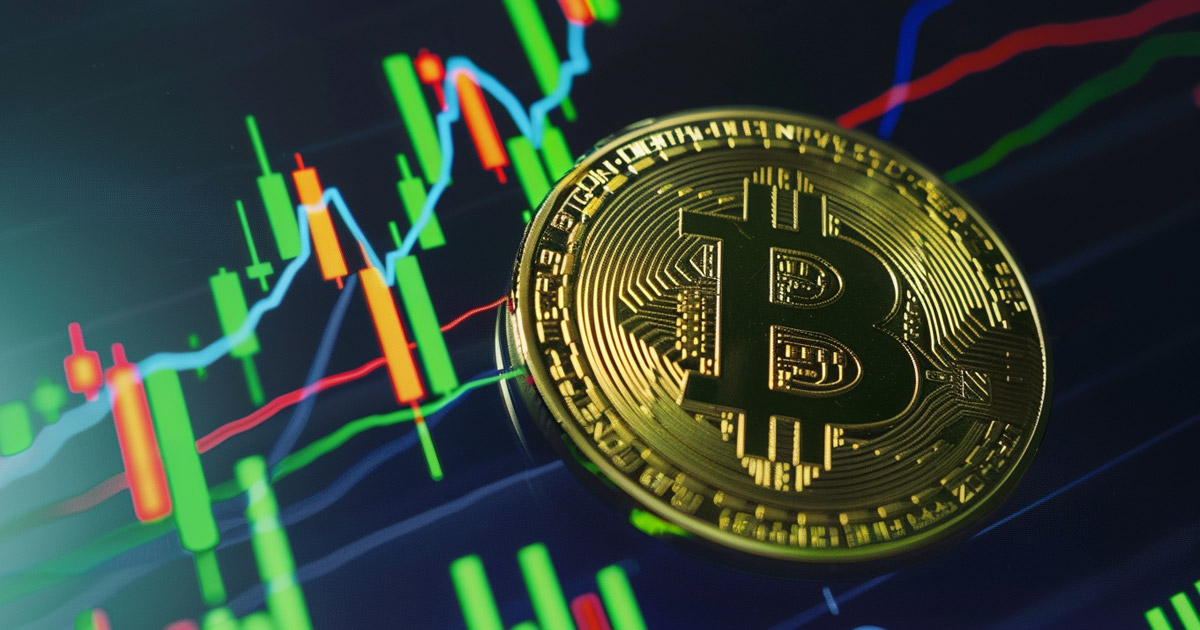The US Government’s Bitcoin Holdings: A Detailed Analysis
Recent data from IntoTheBlock reveals that the U.S. government currently possesses over 1% of the total Bitcoin supply, amounting to a staggering $13.16 billion. This figure has tripled since 2021, showcasing a consistent uptrend in government Bitcoin holdings over the years.
Reasons Behind US Government Bitcoin Holdings
It is essential to understand that the Bitcoin holdings of the U.S. government are not a result of direct purchases but rather enforcement actions. These seizures typically stem from illegal activities within the cryptocurrency space.
Notable instances of increased Bitcoin holdings by the U.S. government are linked to significant enforcement actions related to Bitcoin. Two standout cases include the Silk Road seizure and the Bitfinex hack.
Silk Road Case (2013)
An infamous event involved the seizure of around 174,000 bitcoins from Silk Road, a renowned dark web marketplace. The FBI’s intervention led to the shutdown of Silk Road and the arrest of its creator, Ross Ulbricht. Subsequently, the U.S. government seized over $1 billion worth of Bitcoin associated with Silk Road, discovering a wallet containing approximately 69,370 bitcoins.
Bitfinex Hack (2016)
In August 2016, hackers targeted Bitfinex, a major cryptocurrency exchange, and absconded with roughly 120,000 BTC, valued at about $72 million. Years later, in February 2022, the Department of Justice announced the recovery of a substantial portion of the stolen Bitcoin, amounting to over $3.6 billion. This event marked one of the largest crypto recoveries in history.
Aside from these headline cases, other significant Bitcoin seizures have taken place over the years. For instance, in 2017, Bitcoin holdings worth $4 million (now valued over $60 million) were confiscated from the BTC-e exchange during a money laundering investigation. Alexander Vinnik, the alleged operator of BTC-e, was apprehended.
Another noteworthy incident involved the seizure of assets from the founders of BitMEX in 2020 for breaches of the Bank Secrecy Act. Although precise Bitcoin amounts were not disclosed, BitMEX facilitated extensive Bitcoin transactions.
Implications of Government Holdings
Monitoring the substantial Bitcoin holdings of entities like the U.S. government is crucial for various reasons. Decisions regarding the release of these Bitcoins can significantly sway market dynamics. The method of disposal, whether through direct sale, auction, or another route, can impact market stability positively or negatively.
For instance, auctioning off these coins could attract institutional investors seeking transparent and legitimate sources of Bitcoin. This assurance is vital for individuals wary of the origins of their crypto holdings, as acquiring from reputable channels mitigates risks linked to illicit funds.
Moreover, the U.S. government possesses enough Bitcoin to trigger significant price fluctuations when liquidating their holdings, potentially prompting speculative behavior among retail investors anticipating or reacting to these transactions.
Furthermore, a notable portion of the overall Bitcoin supply is under the control of government bodies and ETF issuers, posing a potential risk to the decentralization narrative of Bitcoin. Juan Pellicer, Senior Researcher at IntoTheBlock, highlights this concern:
“The current ownership levels of Bitcoin among U.S. government and ETF entities pose a potential risk to the perception of Bitcoin as an asset beyond the control of government forces or major financial institutions. This high concentration of holdings challenges the narrative of Bitcoin’s decentralization and could influence market dynamics and investor behavior in the future.”
Therefore, vigilance over these significant holdings is imperative to gauge current market values accurately and anticipate potential shifts in market sentiment and behavior.
Image/Photo credit: source url





